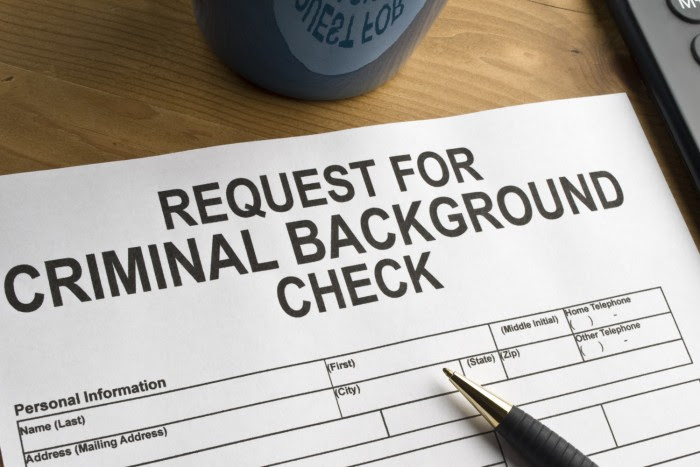Miya’s Law: Landlords Have New Safety Requirements to Meet Under Florida Rental Unit Legislation

Contributed by Daily Business Review Real Estate Reporter, Melea VanOstrand
Here’s what Florida landlords and their attorneys need to know to stay in compliance with Miya’s Law, named after an Orlando student who was killed in her apartment in 2021 by a maintenance worker.
Florida Gov. Ron DeSantis has signed a bill aimed at making residential tenants safer by requiring background checks for prospective employees, maintaining a detailed key log and increasing notification requirements for maintenance and repairs.
Senate Bill 898, known as “Miya’s Law”, is named after Miya Marcano, an Orlando student who was killed in her apartment in 2021 by a maintenance worker who entered her unit with a key fob.
“Every tenant deserves to be safe in their own home,” said DeSantis in a press release. “By signing this legislation, we are making it safer to live in a rental unit and giving renters more peace of mind in their homes. Miya’s death was a tragedy, and our prayers continue to be with the Marcano family. I am proud to act on their behalf to help prevent a tragedy like that from happening to another Florida tenant.”
Apartment building and rental unit landlords will also be required to maintain a log accounting for the issuance and return of all keys, and to establish policies for their issuance, return and storage. The apartment’s key log and background screenings will be subject to the Department of Business and Professional Regulation’s annual inspection of apartments.
Alex Martin of KW Property Management & Consulting in Miami said the law is a huge step in improving the safety of residents, as key control is one of the most important safety factors. “You need to be able to have a system that controls keys,” said Martin. “99% of the time we’ll notify an owner before we pull the key, but that 1% if there’s a fire or flood, that key system will notify the owner via text or email that their key was pulled and the employees need to either use a fingerprint or facial recognition system.”
Some key fobs are easy to copy at select hardware stores or even with a device at home, which poses a security risk.
“This is why we always make the recommendation to switch over to biometrics of facial recognition systems,” said Martin.
The bill has also changed how much notice is needed for entry of a unit for maintenance and repairs. Instead of 12 hours’ notice, there needs to be 24 hours’ notice. Additionally, operators of public lodging establishments are banned from offering hourly rates for accommodations. Martin said sometimes it’s even ideal to notify a tenant a week in advance.
Landlords or licensees of transient and non-transient apartments are now required to conduct a background screening as a condition of employment for possible employees. If an offense involving violence or a disregard for safety turns up on the report, that person may be disqualified from employment.
“Do background and drug tests everywhere,” said Martin. “It’s important not to just do a local background check. If the individual has lived in different states and cities, you need to do background checks on all cities and federal.”
He also recommended that landlords have a management company to be sure they stay in compliance while servicing the residents.
Martin said attorneys should regularly sit down with property management professionals to have a roundtable discussion about best practices.
“I see it from an operations side so it’s important they talk to people who do it every day,” said Martin. “They should probably get some of the best people from the industry and sit down once or twice a year and brainstorm so you can get ahead of these issues.”
